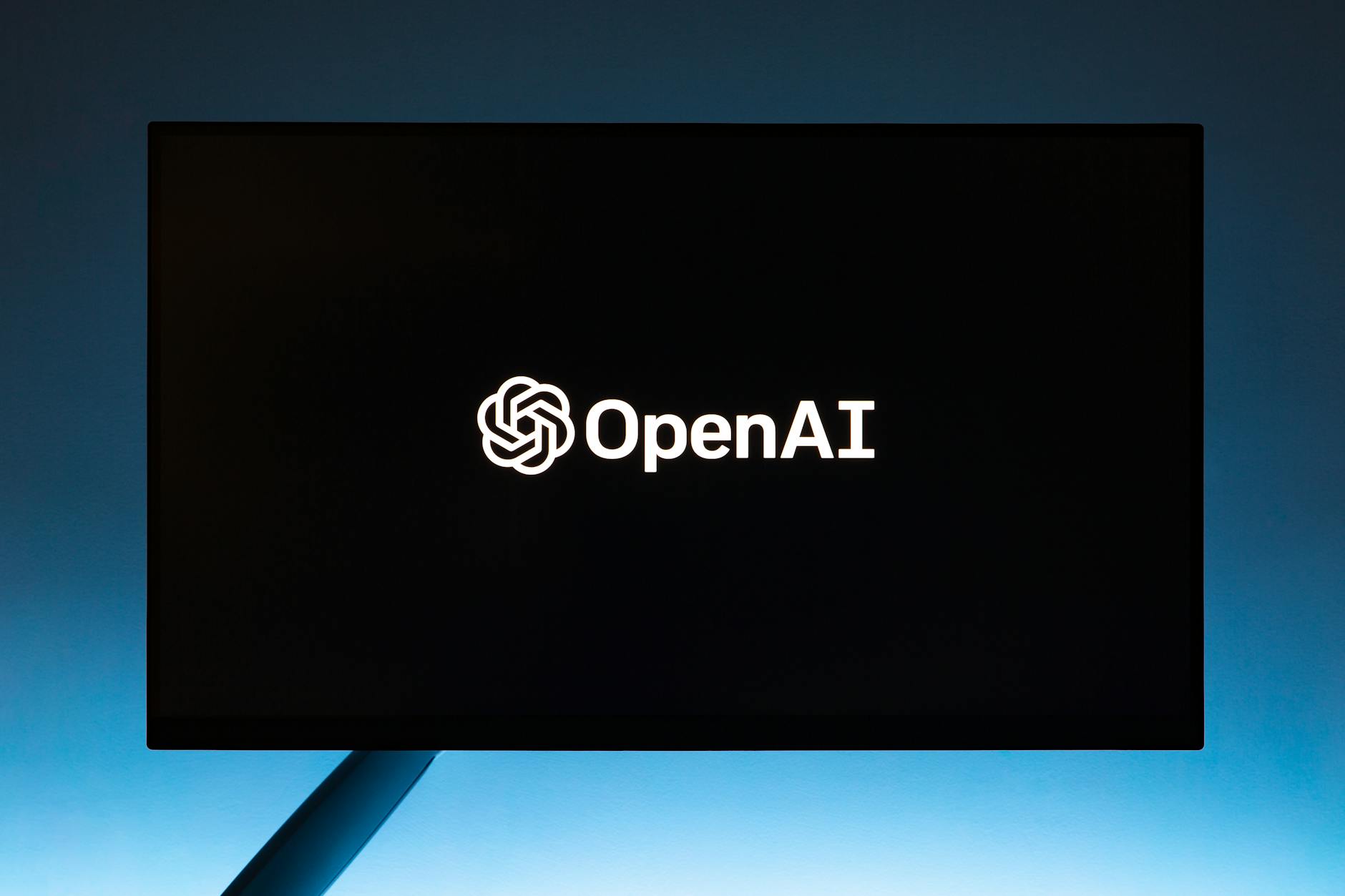Challenges of AI and Job Scarcity in 2025
Artificial intelligence is reshaping the job market in 2025 faster than many expected. While AI automates tasks and displaces certain roles, it also creates new jobs requiring fresh skills. The key challenge today is balancing this transition amid growing concerns about job scarcity. Many workers face uncertainty as AI replaces routine jobs, while others struggle to catch up with the technical demands of emerging roles. Understanding the specific challenges AI brings to employment helps reveal what lies ahead for workers and employers alike.
AI-Induced Job Displacement: Who is Most Affected?
Jobs that involve repetitive, predictable tasks are the first targets of AI automation. Experts warn that by 2030, up to 92 million jobs could be displaced globally, with many lost within the next five years, especially in clerical, administrative support, and customer service roles. Industries like manufacturing, retail, and logistics report steep job cuts, reshaping how work gets done.
Routine and Repetitive Tasks at Risk
AI excels at handling repetitive, pattern-based work. Tasks such as data entry, processing documents, answering basic customer questions, and managing appointments are quickly being automated. This means jobs with clear procedures and limited variation, often found in back-office operations, are most vulnerable.
For example, AI chatbots now resolve many routine service inquiries without human intervention. Similarly, AI-driven software processes large volumes of invoices or form entries more efficiently than humans. These roles, once entry points into the workforce, are disappearing or transforming rapidly.
Entry-Level White Collar Jobs Under Pressure
Recent reports suggest up to half of entry-level white-collar jobs face risk from AI advances. Positions like junior accountants, payroll clerks, and basic analysts are being automated at a growing pace. For new graduates, this trend narrows opportunities to gain initial work experience.
The pressure on entry-level roles comes from AI's ability to quickly learn and execute standard tasks traditionally assigned to early-career employees. Without adaptation, this trend could stall career progression for many starting in these fields. You can learn more about how AI accelerates job displacement in certain sectors from World Economic Forum's insights on AI job replacement.

Photo by Andrew Neel
New Opportunities and the Skills Gap
Despite job losses, AI is also creating roles in emerging fields such as AI system monitoring, data quality control, and human-AI teamwork coordination. The demand for tech-savvy workers is growing across industries—not only within tech companies. AI-related jobs often command higher salaries and require specialized knowledge.
Growing Demand for AI-Related Skills Across Industries
Many sectors are adding AI expertise to their priority skills list. Healthcare needs AI specialists for predictive diagnostics and patient data analysis. Finance increasingly relies on AI to detect fraud and assess risks. Marketing leverages AI for personalized advertising, while education and HR use AI-driven insights for student engagement and talent management.
Sought-after AI skills include machine learning, natural language processing, and data engineering. These roles typically require a blend of technical knowledge and business understanding. According to reports like PwC's 2025 Global AI Jobs Barometer, wages in AI-exposed industries have risen significantly compared to others.
Barriers to Transition: The Challenge of Reskilling
However, many displaced workers lack the technical background or access to training needed to transition into these new roles. This creates a widening skills gap, leading to persistent unemployment or underemployment for large groups of workers. Economic inequality grows as high-paying AI jobs remain out of reach for those without adequate education or resources.
Limited funding, time constraints, and the rapid pace of AI developments pose obstacles to reskilling efforts. Without well-structured training programs, the workforce risks fragmentation, where a segment thrives while another struggles to find work.
Economic and Social Implications of AI-Driven Job Scarcity
AI is boosting productivity but also intensifying social disparities. The paradox in the tech sector shows companies cutting some jobs while investing heavily in AI innovation. This creates urgency for policy solutions and educational reforms to soften the impact.
Balancing Job Creation and Job Loss
New AI jobs usually need highly specialized skills, not easily accessible to all displaced workers. The risk grows that unemployment intensifies among less skilled workers, widening the economic divide. A balanced labor market demands careful alignment of job creation with inclusive training and hiring practices.
If left unaddressed, this gap could lead to social unrest, diminished consumer spending, and slower economic growth. Businesses and governments face pressure to work together to prevent an imbalance where only a skilled few benefit.
The Role of Government and Employers in Workforce Adaptation
Governments can support this transition by funding affordable retraining programs and creating incentives for roles that blend human and AI work. Policies addressing labor mobility and continuous education will help workers adapt to shifting demand. Employers can lead by offering on-the-job AI training and redesigning roles rather than simply cutting jobs.
For more ideas on how strategies can help workers adapt to AI challenges, Newsweek's discussion on AI and universal basic income explores policy options that aim to support those affected.
Conclusion
AI’s impact on the job market in 2025 has two faces: it displaces many routine and entry-level roles, yet generates new opportunities demanding advanced skills. Addressing job scarcity will require coordinated efforts from workers, employers, and governments. Reskilling, fair policies, and continuous education are critical to helping the workforce navigate this transition. Staying informed and proactive about acquiring new skills is no longer optional but essential for success in the changing workplace.







No comments:
Post a Comment